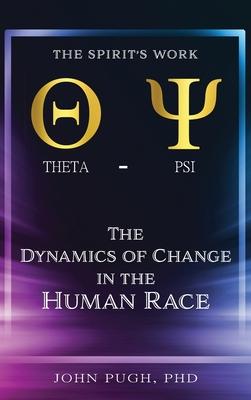Overcoming the age-old diverse opinions to the amalgamated ideas of Christian and secular counseling, Dr. John Pugh speaks volumes as he trains prospective Christian counselors both the professional counselor and the lay counselor on the true principles of Christian Spiritual Formation Counseling. Through an in-depth look at the true calling of Christian counselors. Dr. Pugh focuses on the factor that completes human analysis and is the ultimate cause of relational challenges: the Holy Spirit's work in an individual's life. Christian Formation Counseling is the DSM for the both the professional and lay counselor to be ready to launch their ministry in offering dynamic life-changing consultation for relational healing, a must-read for all students pursuing a counseling career.
"Written from a lifetime of biblical counseling intended to shape the spiritual formation of the counselee, John Pugh personalizes our experiences with God like few who have written on this subject. In his book Pugh's clear writing and biblical approach puts the magnificent reality of what God can do in the transformed life into clear perspective and in direct reach of the reader." - Dr. Peter Teague (former President of Lancaster Bible College).
Change is inevitable for human beings in the human race, but the process has seldom been realized as originating from each person's response to the Holy Spirit in the way that it has been reviewed in The Dynamics of Change in the Human Race: The Spirit's Work. The impact of this book may be, first of all, how any person might be able to understand her or his self in a new and dynamic way: To minimize the impact of the Spirit's conviction before the Spirit can fully recreate the human psyche is the natural and adaptive means by which people universally change, however, not for the result of a benefit for human kind, but only for the further decimation and desolation of their being both body and mind. At the same time and parallel to it, the Spirit is challenging these failed patterns for attempted relief by means of self-effacing, blame-shifting, denial and pleasure-seeking strategies that for some become the source of their motivation to change their approach once and all. Another impact of this book may be how it could enlighten the Christian theologian to develop a connection between revealed truth in scripture and its application to everyday life as a "living synthesis" between the two. A third impact might be upon the evangelical Christian who even after they have established their relationship with Jesus Christ will benefit from a better understanding of the work of the Spirit to avoid self-deception and wisely yield their life to God. The fourth and final major benefit would be to the human service professional that they may ethically and effectively dynamically change their practice by seeing how these principles are insightful, compatible, and strengthening to their practices.
